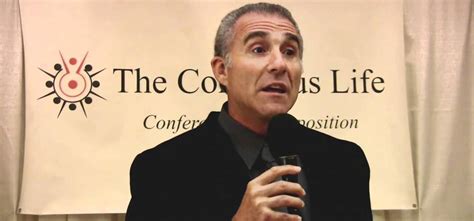A Quote by Seth Berkley
If you want to know the value of vaccines, just spend some time in a clinic in Africa. The faces of the mothers and fathers say it all: vaccines prevent illness and save lives.
Related Quotes
We're still missing about a dozen vaccines that will make a huge difference. For adults, we've got HIV and TB are still huge; for kids malaria is still killing a half million kids a year out of that 6 million. We probably need some vaccines, but we need a little more data to make sure we're getting the vaccines that will save the most lives.
Even to this day, the government, the FDA is refusing to use the sophisticated biotechnology to evaluate the contaminants in the vaccines such as the polio vaccines that they are administering. I think (people) would be appalled that some of the vaccines that are currently being used are still laced with viruses.
In this article we begin to address the subject of vaccinosis, the general name for chronic dis-ease caused by vaccines. For some readers the very idea that vaccines are anything but wonderful and life-saving may come as a surprise, and it's not a very pleasant one. After all, the general population pictures vaccines as one of modern medicine's best and brightest moments, saving literally millions from the scourge of diseases like poliomyelitis and smallpox.
It is true that there are some parents who have concerns about vaccines, but while we hear about these concerns a lot in the media, I don't want people to think that the majority of parents out there do not believe in vaccines and then most kids aren't getting vaccinated. In fact, it's exactly the opposite.
I think there's no question that vaccines have been absolutely critical in ridding us of the scourge of many diseases - smallpox, polio, etc. So vaccines are an invaluable medication. Like any medication, they also should be - what shall we say? - approved by a regulatory board that people can trust.


































